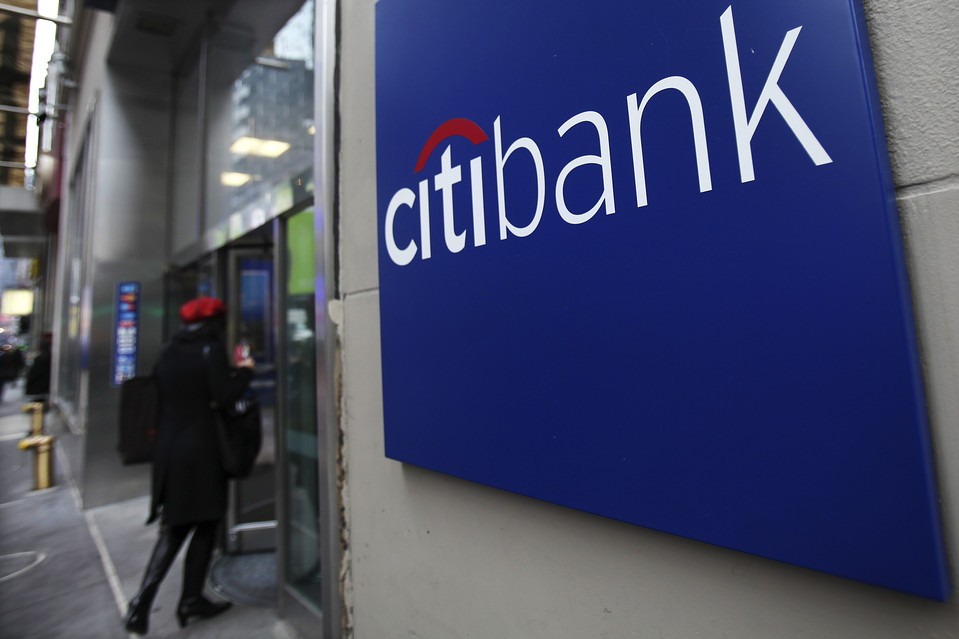A Few Good Reasons to Hoard Some Cash Now MoneyBeat
Post on: 24 Май, 2015 No Comment

Christophe Vorlet
The stock market is near record highs. More money came into U.S. stock mutual funds the week of Oct. 23 than during any other week since 2007. Initial public offerings like Twitter are booming.
So have you considered keeping more of your assets in cash?
At first, the question sounds crazy. With interest rates and inflation at current levels, holding cash virtually guarantees you will suffer losses after accounting for the erosion of your purchasing power. Major money-market funds yield an average of 0.02%, according to Crane Data. As a result, you will need a year to wring $2 in interest out of a $10,000 account. And by then, inflation will have taken $120 of your money at the 1.2% annual rate reported by the Department of Labor for September.
But cash doesnt earn its keep on yield alone. All investors should realize that cash can be priceless, even when its yield after inflation is negative. Cash is an option on the future, says Abhay Deshpande, a portfolio manager at the New York-based First Eagle Global and First Eagle Overseas mutual funds, which have $58.4 billion in combined assets.
Having a cushion of cash can help you stay invested when stocks tumble as they surely will sooner or later. And a cushion can enable you to do what cash-poor investors find almost impossible: Buy stocks and other assets as bear markets turn them into bargains.
There are worse fates than posting losses on cash after inflation, says Dowe Bynum, a portfolio manager at the Cook & Bynum Fund in Birmingham, Ala. Putting a lot of money to work in overpriced, inferior businesses thats going to end up way more destructive to your capital than sitting in cash for a while with a negative return, he says.
Mr. Bynum and co-manager Richard Cook havent been able to find a significant new stock position to add to their fund in more than a year. So cash has climbed to roughly 43% of the funds $135 million in assets, up from 26% in 2011.
Counting short-term corporate and foreign-government bonds, IVA International Fund has approximately 40% of its $3.3 billion of assets in cash and equivalents. Its rare for us to go to the levels you see today, says Chuck de Lardemelle, co-portfolio manager of the New York-based fund. I wouldnt call this a bubble yet, but we see just about all asset classes as expensive, and we see very few opportunities in equities.
At Mr. Deshpandes Global and Overseas funds, cash totals roughly 21% of assets, a level he calls the high side of normal. He emphasizes that the high cash balance isnt some kind of market-timing judgment. But in stock markets around the world, he says, everythings gone up. His team will hold the cash until there is an abundance of opportunity again.
To be sure, fund managers earn their fee on all the assets they manage even if much of it is just cash. Any professional or individual investor with much less than 100% in stocks has badly trailed the raging bull market. And all too many fund managers tend to increase their exposure to cash as stocks fall and spend it as they rise. That is the opposite of what value-seeking investors should do.
But you should buy fire insurance before your building burns down, not after. And you should raise some cash in your investment portfolio before the market goes down, not after.
With the S&P 500 up 26.4% this year, including dividends, and foreign markets up 15%, now is an ideal time to see whether you have more exposure to stocks than you planned. Trim back to your target and keep at least some of the proceeds in cash.
People look at cash as a drag, says Steven Romick, manager of the $14.1 billion FPA Crescent Fund, which is based in Los Angeles, and if you believe the markets going straight up from here it certainly is. Still, cash is a very precious commodity if other people dont have it and you can put it to work when theres an opportunity.
When stocks fell nearly 90% after 1929, Benjamin Graham, the founder of investment analysis, wrote that those with enterprise havent the money, and those with money havent the enterprise, to buy stocks when they are cheap.
By that, he meant simply that an investor who has courage but lacks cash is as powerless as one who has cash but no courage. It is hard enough to have the guts to buy stocks when they fall. Think back to 2008 and 2009. Do you regret not having bought more stocks then? Did you sit on the sidelines because you didnt have the money, didnt have the enterprise, or both?
If you have to raise both cash and courage at the same time, you dont stand a chance of buying the next time stocks are cheap.














